South Korea announced that it had recovered debris from a North Korean satellite that fell into the sea after a failed launch, saying it was not capable of military reconnaissance.
The South Korean military announced today the end of a 36-day operation to search for and salvage debris from a North Korean missile and satellite that crashed into the western sea in late May. The operation was conducted to recover the debris and analyze it to determine the level of technology North Korea has achieved and whether any foreign components were used.
"After a detailed analysis of the large pieces of the North Korean rocket and satellite recovered, South Korean and US experts assessed that they did not have military reconnaissance capabilities," the South Korean military said.
North Korea previously confirmed that the Cheollima-1 rocket carrying the Malligyong-1 military reconnaissance satellite crashed into the sea on May 31 due to a booster failure. The Workers' Party of Korea called the satellite launch a serious failure and criticized the officials in charge of the issue.
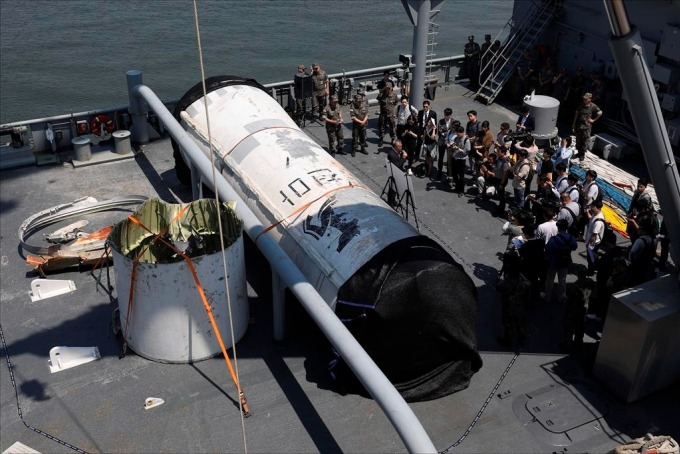
Debris believed to be from a North Korean rocket is seen on a South Korean naval ship in Pyeongtaek, 60 km south of Seoul, on June 16. Photo: Yonhap
After the failed launch, North Korea announced that it would thoroughly investigate the "serious defects" discovered, take corrective measures and "carry out a second launch as soon as possible." Ms. Kim Yo-jong, member of the Central Committee of the Workers' Party of Korea and sister of leader Kim Jong-un, affirmed on May 31 that the country will continue its efforts to launch satellites to enhance its military reconnaissance capabilities.
The United States, Japan and South Korea have strongly condemned North Korea's satellite launch. The White House called it a "move that threatens to destabilize the security situation in the region and beyond." Tokyo and Seoul criticized Pyongyang for seriously violating UN resolutions.
The US and its allies believe that North Korea's satellite launches are "cover" for missile tests, because they use similar technology. North Korea has launched two satellite-carrying rockets in 2012 and 2016, both of which flew over Okinawa in southern Japan.
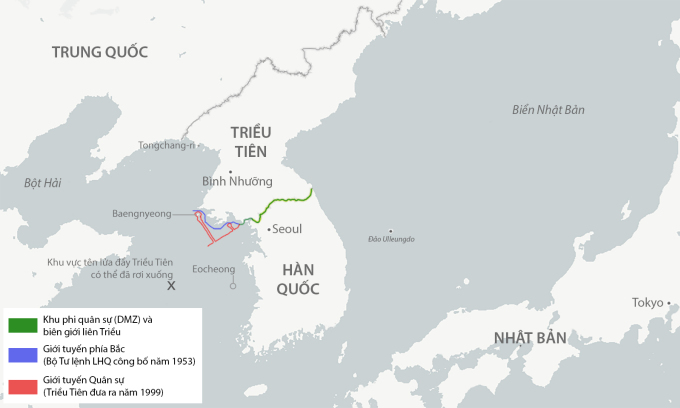
The location where the North Korean rocket may have crashed. Graphic: CSIS
Nhu Tam (According to Reuters, Yonhap )
Source link











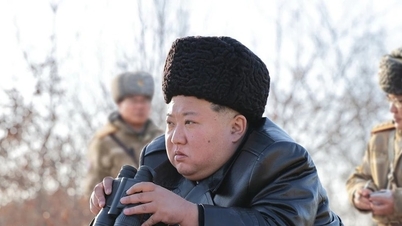








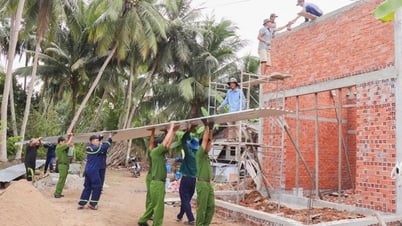












![[Photo] General Secretary To Lam begins official visit to Russia and attends the 80th Anniversary of Victory over Fascism](https://vphoto.vietnam.vn/thumb/1200x675/vietnam/resource/IMAGE/2025/5/8/5d2566d7f67d4a1e9b88bc677831ec9d)
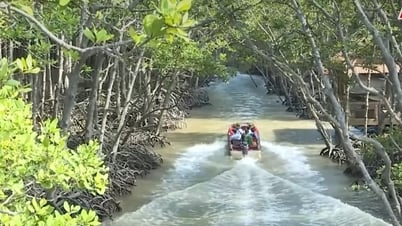




















































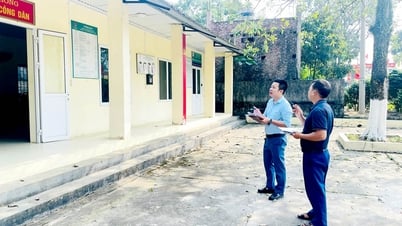




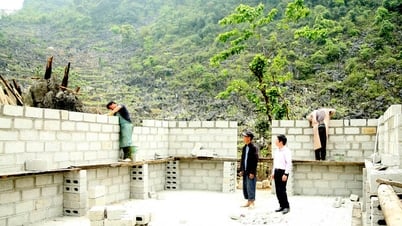











Comment (0)